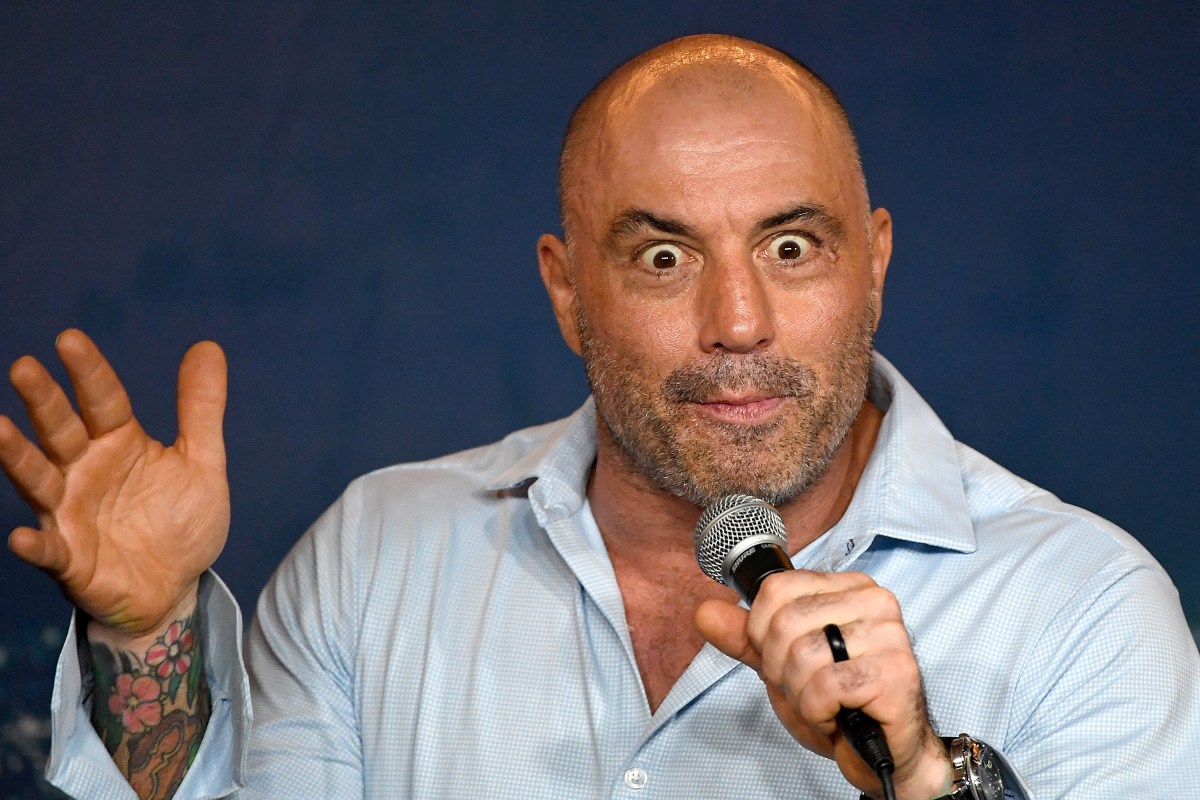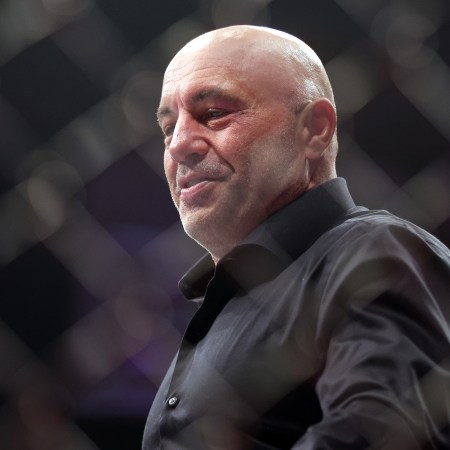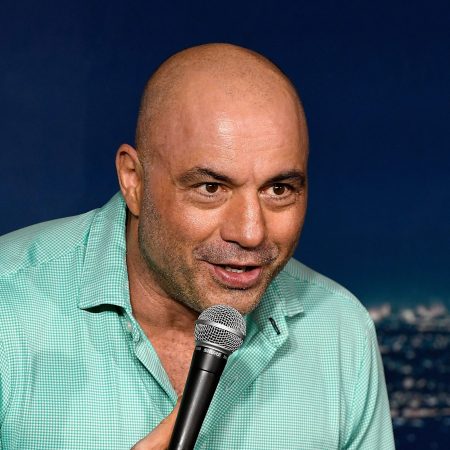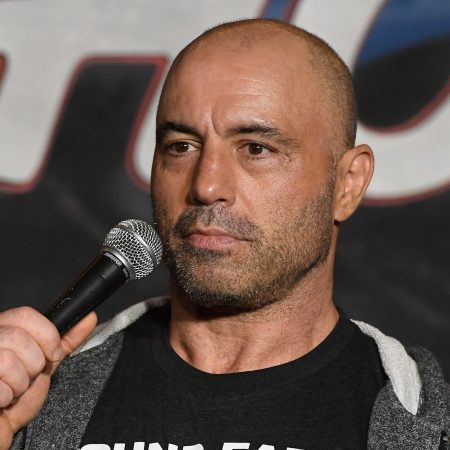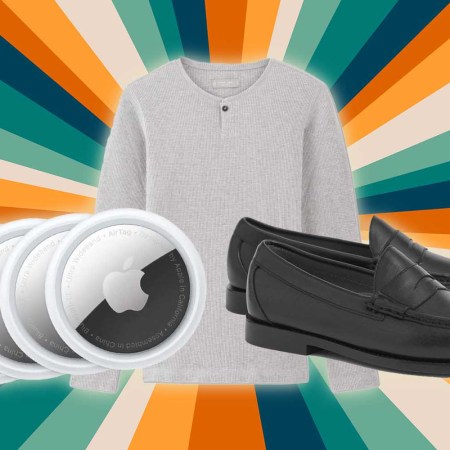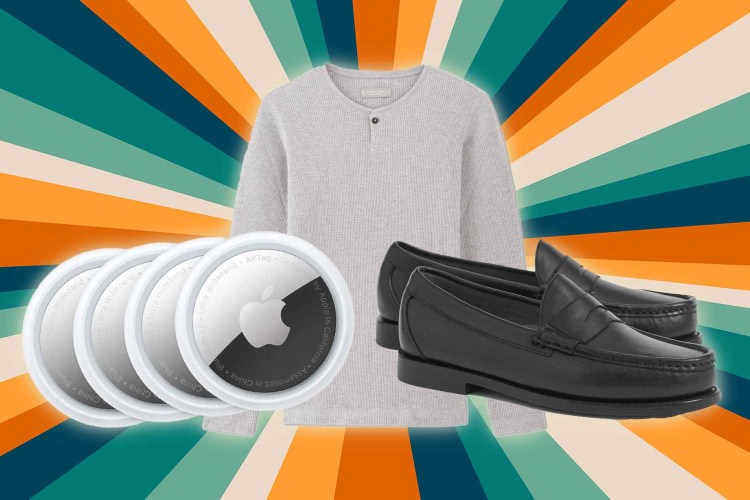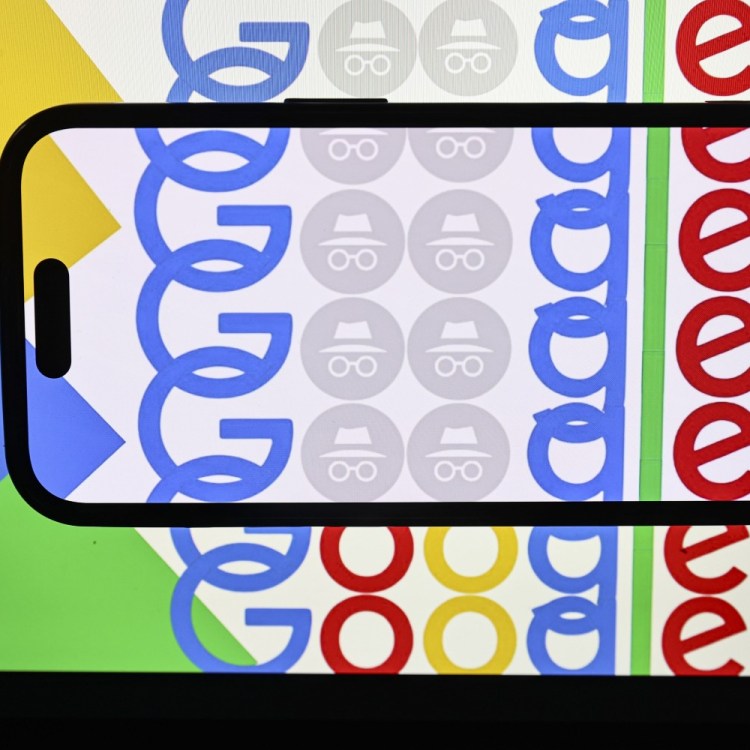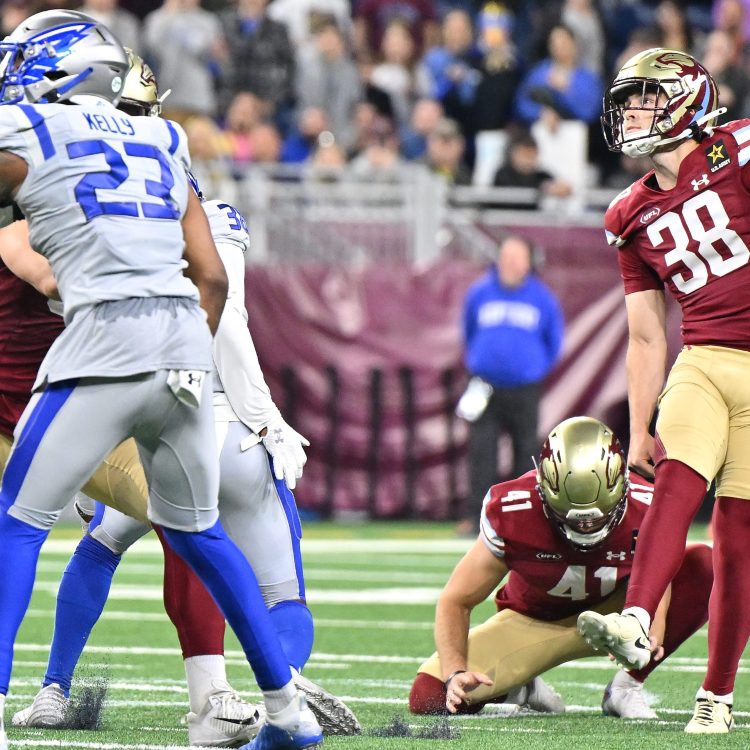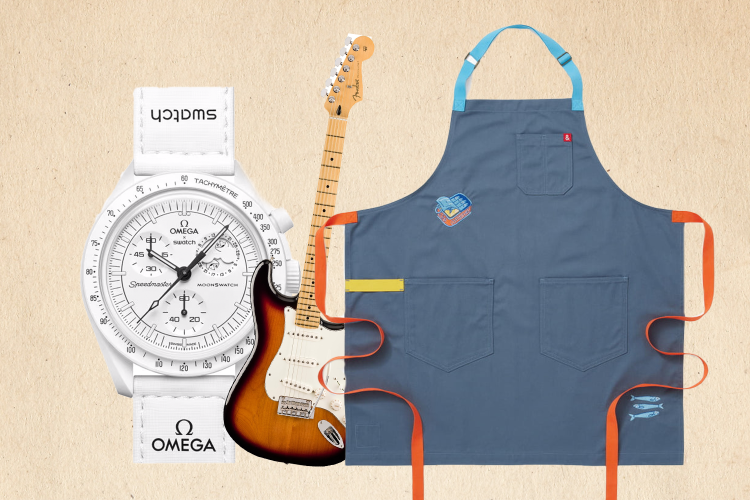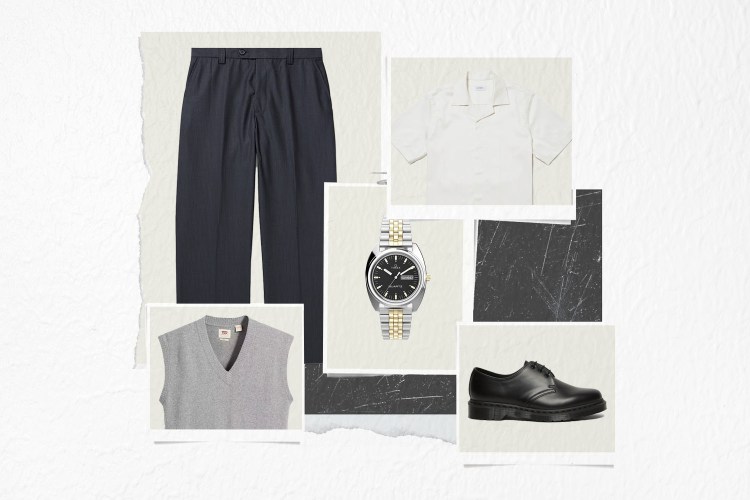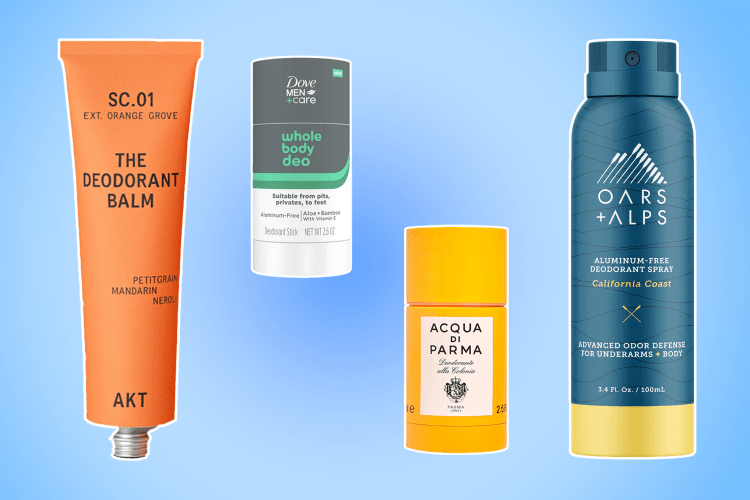It was always obvious what the excuse was going to be. When a 2011 clip of Joe Rogan laughing aloud on his podcast as Joey “Coco” Diaz proudly described making female comedians perform oral sex on him in order to get stage time went viral over the weekend, the defense from Rogan and Diaz’s fans arrived like clockwork: “Uh oh, here come the PC police, trying to cancel another comedian.” “Lighten up, it was just a joke.”
Of course, setting aside the fact that Diaz opens his story with “You think I’m fucking kidding you?”, whether or not he actually did what he said is irrelevant here. Even if it was a joke and he wasn’t committing Weinstein-esque casting-couch crimes, it’s a bad joke, one that perpetuates rape culture and implies there’s something funny about the sexual harassment and misogyny that female comedians — and women in any profession, for that matter — regularly encounter. Worst of all, it’s another opportunity for Diaz, Rogan and other “edgy” comics of their ilk to play the victims and recycle the same tired talking points about political correctness ruining comedy.
Despite the backlash he’s received from plenty of other prominent comedians, Diaz is not exactly remorseful. In fact, he’s digging his heels in on Twitter, writing, “It’s Monday, the story is 23 years old, the video is ten years old and at the end of the day you’ve all sucked a cock for a dinner … stop the hypocrisy” before declaring, “If that video hurt your feelings, watch this cocksniffers” and tweeting out a video (which Rogan retweeted) of himself graphically describing a sexual encounter with a one-legged woman. That “hurt feelings” language has been used by countless shock jocks and edgelords as a crutch. It frames their humor as some sort of high-brow intellectual exercise the rest of us are too stupid to appreciate — “Oh, did I trigger you, snowflake? Go back to your safe space” — when really it’s just lazy.
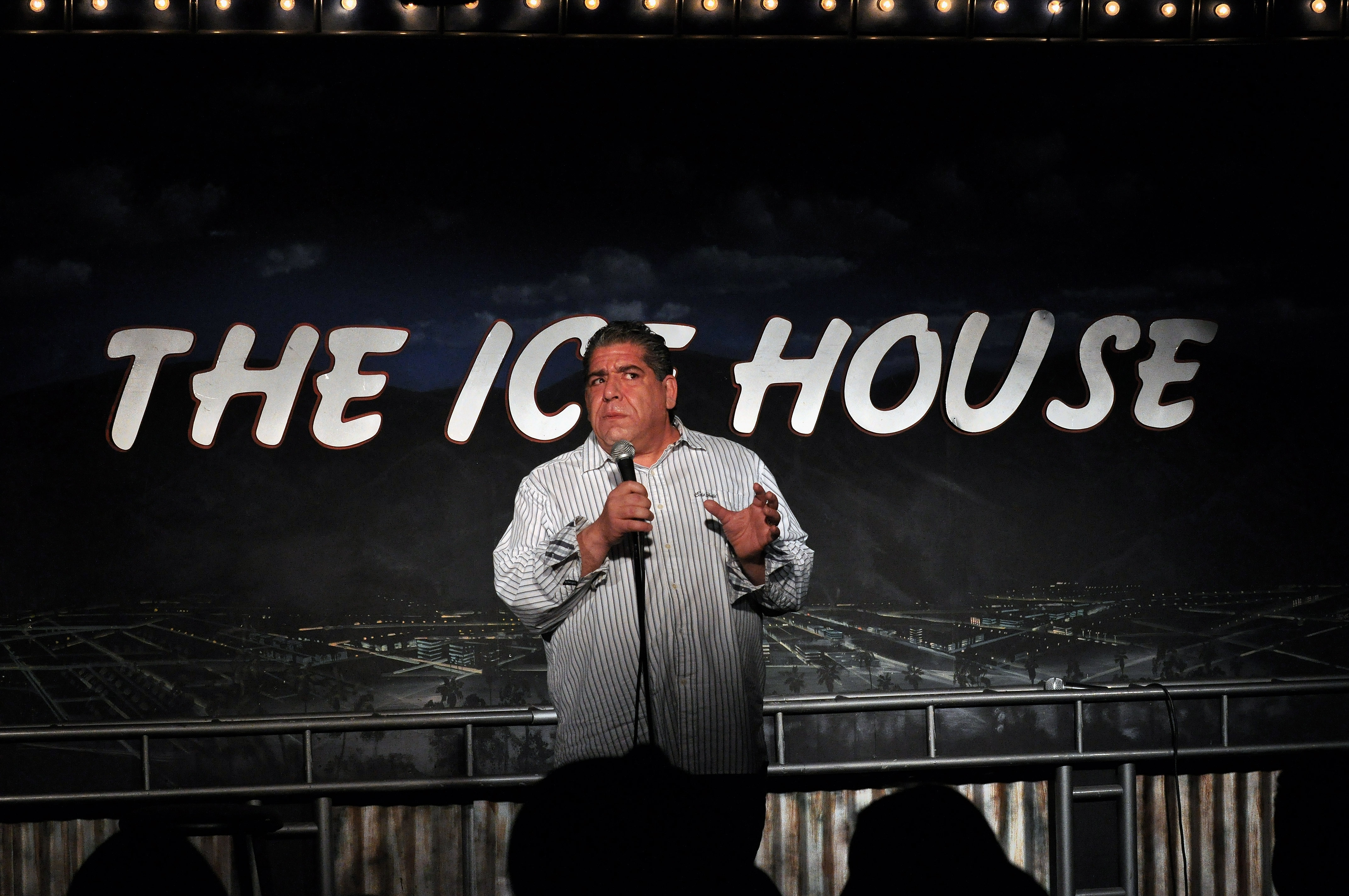
Stereotypes are easy. Every middle-schooler hurling insults at recess inherently knows how to single out differences in people and make fun of them, but that doesn’t mean they’re ready for a tight five at The Comedy Store. Racial slurs and sexist language go back generations. Using it nowadays isn’t groundbreaking; it’s tired.
When Shane Gillis was fired from Saturday Night Live last year before he even got to set foot in Studio 8H because old bits where he used the slur “chink” and mocked a stereotypical Chinese accent (along with some classic homophobic slurs) surfaced, he issued a non-apology that read, “I’m a comedian who pushes boundaries. I sometimes miss. My intention is never to hurt anyone, but I am trying to be the best comedian I can be and sometimes that requires risk.” But doing a voice that was already offensive when Mickey Rooney did it in Breakfast at Tiffany’s in 1961 isn’t pushing any boundaries; it’s no different — or less unfunny — than Donald Trump playing to the racist elements of his base by referring to COVID-19 as “Kung Flu.”
Guys like Gillis or Diaz love to liken themselves to Lenny Bruce, but they’re not going to get tossed in jail on an obscenity charge. They frame themselves as noble defenders of the First Amendment even though no one’s censoring them. The First Amendment doesn’t protect you from bombing, and it doesn’t make you impervious to criticism. We’ve got every right to call out a bad joke, just like they have every right to tell it.
Of course, there are ways to address taboo subjects in comedy. When Pete Holmes tackled the PC debate in an episode of his HBO series Crashing, he had the woefully out-of-touch Jason (played by Dov Davidoff) insist that “If I were a biracial lesbian doing the same material, that crowd would’ve carried me around — they would’ve had a parade for me!” But that’s not true. While, yes, comedy that challenges the status quo originated with marginalized people like Bruce or Richard Pryor, it’s not impossible to do it as a straight male WASP. It’s just harder. If you’re not a lazy hack, you can do it — provided you make it clear that you’re poking fun at yourself and your own privilege (see: John Mulaney’s bit about accidentally chasing a woman in the subway) or the stereotypes themselves (as Bruce did with his famous “How to Relax Your Colored Friends at Parties” bit).
Even outside of stand-up, sitcoms like It’s Always Sunny in Philadelphia manage to be both deeply offensive and deeply hilarious. “We do seem to get away with a lot that on the surface it seems people are not able to get away with now, and I think there’s a key distinction in what we’re doing, and ultimately our fans recognize [it], in terms of satirizing certain behavior,” creator/star Rob McElhenney recently explained to Rolling Stone. “We’re certainly not lauding characters for their homophobia or misogyny or casual racism. In fact, it’s the complete opposite, where we’re degrading our own characters for holding some of those views. I think that’s abundantly clear from Episode One. So people will watch the show and say, ‘Well, clearly the characters are homophobic, but the writers and/or creators and/or directors are not.’”
In other words, we’re laughing at them, not with them. Straight white men getting up and hurling out a bunch of racist, sexist or homophobic stereotypes “ironically” as a bit doesn’t work because it’s too close to the real thing. To address differently is a challenge that requires creativity and nuance, and not everyone’s up to it.
In 2015, Jerry Seinfeld said he doesn’t play colleges anymore because the students are “so PC” — an easy excuse that places the blame for his inability to get a laugh there squarely on the audience rather than taking a moment to reflect on whether his material has become dated. As Anthony Jeselnik told Paste later that year, “I see it and I welcome the challenge. Anyone who complains about PC culture is lazy, and I think that it’s my goal to kind of get through that obstacle course. I like doing colleges because it’s a challenge. How can I get these kids, who are so PC, to laugh at these things? I want it to be like that. I don’t want a bunch of gross old men in the back smoking cigars saying they need more racist stuff. That sucks. So I think anyone who’s complaining about PC doesn’t want to work that hard on the jokes.”
The racist or sexist jokes that don’t go over well in many circles anymore get framed as if they’re part of some noble crusade, and if you’re offended or don’t get them, the comedians who tell them immediately revert to “sorry you’re triggered, snowflakes” as an excuse for not getting a laugh. But what exactly is the message they’re fighting to get across here? What boundaries are they pushing? As comedian Janelle James tweeted in the wake of the Diaz/Rogan backlash, “One thing I’ve done as a female comedian is when comics say sexist and/or racist shit around me, I very seriously ask, ‘Why is that funny?’ Immediately grants you blessed silence.” They can’t answer because it’s not funny, and their anti-PC rhetoric is just a defense mechanism.
Ultimately, that episode of Crashing ends with Ali, a female comedian played by Jamie Lee, telling Jason off. “Just because you’re pacing around and wearing a leather jacket doesn’t mean you’re telling it like it is,” she says. “A comic does comedy. What you did was — hmm, let me think — hate speech?” But what’s most notable about the episode is that Pete, the other straight white dude present, says nothing. He’s clearly uncomfortable with what Jason’s saying, but he lets him say it, and when Ali leaves, he winds up driving the aging comic home. He doesn’t mean it as such, but his silence is an endorsement.
Women and BIPOC comedians can talk about it until they’re blue in the face, but these guys need to hear it from their peers. Other straight white male comedians need to start calling this out for them to grasp that it’s no longer okay. (To his credit, Crashing producer Judd Apatow has been good about this in real life, calling out Louis C.K. for his “hacky, unfunny, shallow routine” making fun of non-binary people and the Parkland school shooting survivors.) It’s not enough to not laugh along like Rogan did; they need to speak up and make it clear that those kinds of jokes aren’t “edgy” — they’re just unfunny.
This article was featured in the InsideHook newsletter. Sign up now.
